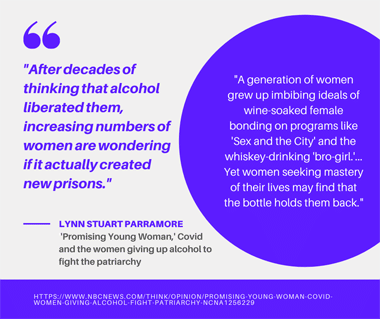Your cart is currently empty!

Monday Thoughts 2/22/21
“The beginning is always today.” ~~Mary Shelley “The future lies ahead, calling us up, offering us a new chance to make a new choice every day, offering us the chance to go another way, to start over. The possibilities are countless. All you have to do is just dare to



